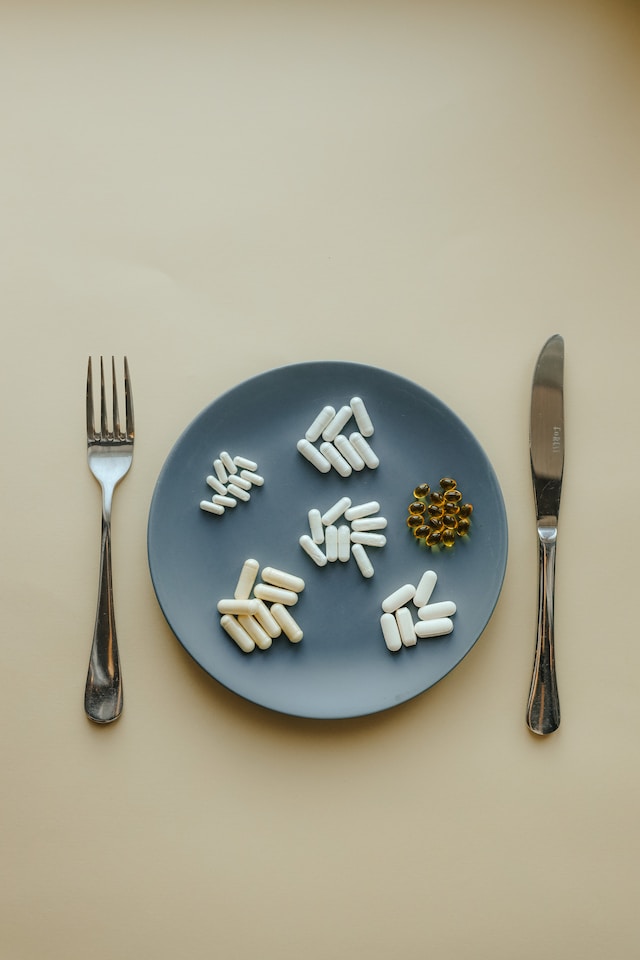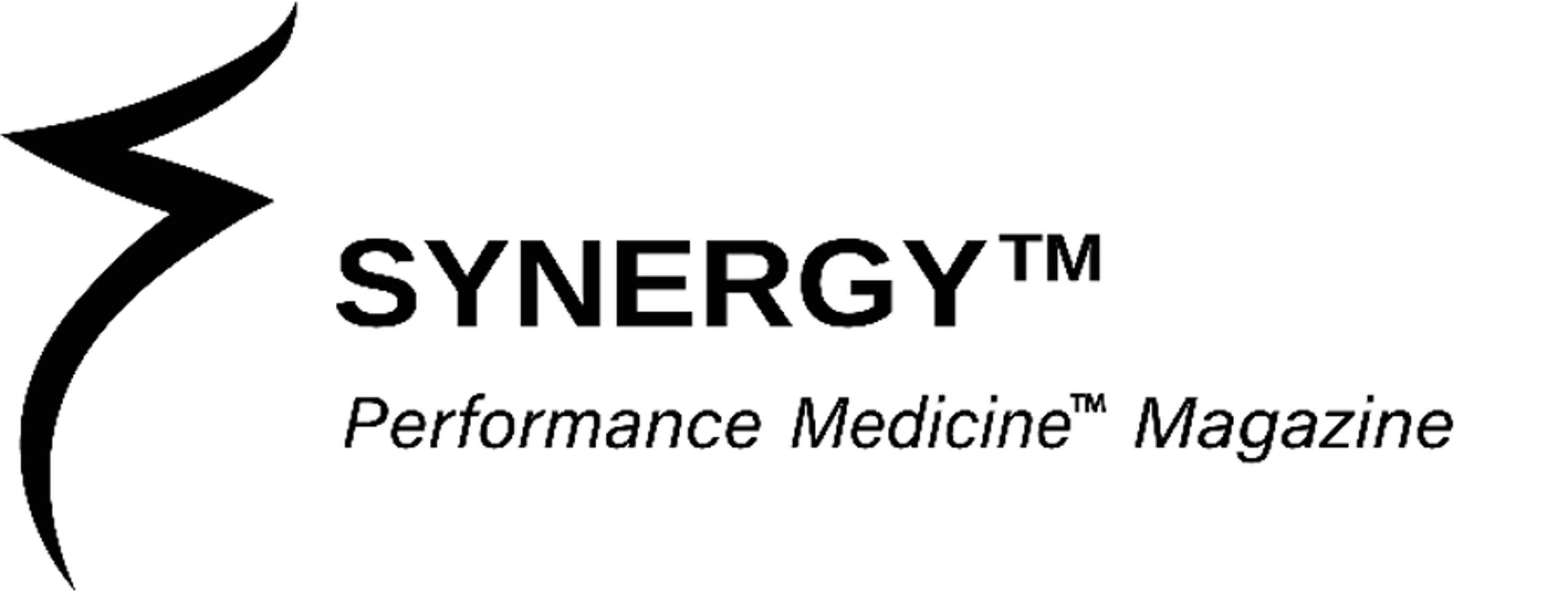
The Key is Bioavailability – Vitamins
It is no secret our bodies require vitamins and minerals with food and supplements predominating our nutritive decisions.
There has been a reduction in caloric intake in populations with decreased energy demands. This has placed a greater emphasis on the bioavailability of nutrients in foods because the cumulative intake of nutrients is closely linked with total caloric intake.
Assessment of the efficacy of dietary intake of nutrients requires knowledge of the nutrient content of the ingested foods and the extent nutrients present are available for absorption and assimilation. Nutrients ingested but not released during the digestive process for absorption are of no nutritional value.
Bioavailability refers to the efficiency your body digests, absorbs, and assimilates vitamins and minerals. It is the key to maximizing the value of ingested nutrients by swiftly shuttling the optimal substance form to the precise location so your body can get to work.
Vitamin supplements should only be ingested when a deficiency has been diagnosed.
Find below a peek at the optimal types of a few common vitamins your body craves.
Vitamin A
Retinyl Vitamin A is the best form.
The retinyl forms of this nutrient are more readily used by the body versus beta-carotene which may not provide adequate vitamin A necessary for healthy vision, hair, skin, and immune health.
Vitamin A deficiencies are associated with vision problems, decreased immunity, and infections.
Dosage –> 2,500 to 5,000 IU/day.
Benfotiamine
Benfotiamine is the best form.
Benfotiamine is a lipid-soluble derivative of thiamine that penetrates nerve cells more easily. This vitamin is similar to Vitamin B1 [thiamin]. Benfotiamine is digested, absorbed, and assimilated more efficiently in the intestines and achieves five times the blood concentration of water-soluble options like thiamin.
Deficiencies of Vitamin B1 increase the risk of heart disease and neuropathy [diabetes]. Benfotiamine is a potential nutrient to repair blood vessel damage in diabetes patients.
Dosage –> 25 to 50 mg/day.
Niacin
Niacin and niacinamide are the best types.
Niacin [Vitamin B3] balances cholesterol by lowering LDL and triglycerides. It helps sustain your nervous and digestive systems and may protect against certain skin cancers. Ingesting two forms is often recommended but a multivitamin and food are often enough to meet the daily recommended dosage[s].
Dosage –> 20 to 50 mg [niacin equivalent]/day.
Vitamin B6
Pyridoxal-5-Phosphate [P-5-P] is the optimal type.
P-5-P does not require conversion by the liver like other kinds of B6. P-5-P is the sole bioactive form and its benefits are prominent as soon as it is absorbed. P-5-P regulates blood pressure, blood sugar, nerve health, and metabolism. It plays a major role in proper muscle contraction, function, and recovery from exertion. It is thought to be effective in the reduction of anxiety and depression.
Vitamin B6 conversion is difficult for many people. A bioavailable formulation such as P-5-P can override that difficulty – it is even safer at higher dosages than commonly ingested forms.
Dosage –> 12.5 to 25 mg/day
Vitamin B12
Methylcobalamin is the optimal choice.
Cyanocobalamin has been ubiquitous for decades. It requires conversion to methylcobalamin in the liver – including a pesky cyanide molecule – prior to absorption. The molecule is allegedly not toxic – even at high doses – and is likely excreted via urine, however, it is an unnecessary step for your liver.
Methylcobalamin does not require conversion by the liver. It is readily bioavailable and benefits your neurological system, mood, blood pressure, glucose, and daily rigors from exertion. Vegans will likely attain Vitamin B12 from an endogenous source to complement nuts, seeds, nutritional yeast, fortified cereals, and other plant-based options.
Methylcobalamin digestion, absorption, and assimilation become more difficult as we age; so, it is advantageous to attain the most optimal form as soon as supplementation becomes necessary.
Dosage –> 125 to 250 mcg/day.
Biotin
D-Biotin is the best form.
Biotin [Vitamin B7] is a water-soluble vitamin that is a vital component of a number of enzymes responsible for several crucial metabolic pathways in the human body, including the metabolism of fats, carbohydrates, and amino acids involved in protein synthesis.
Biotin is known to promote cell growth and is often a component of dietary supplements used for strengthening hair, nails, and healthy skin. Biotin is responsible for sustaining mitochondrial biogenesis, nerve cells, and well-being via homeostasis. Deficiencies often occur during early pregnancy.
Dosage –> 250 to 500 mcg/day.
Choline
The optimal form is Choline Bitartrate.
Choline plays a major role in metabolism and neurotransmitter health. The body doesn’t produce sufficient quantities of this essential nutrient to maintain optimal health.
Most people get enough choline in their diet. Some risks of choline deficiency include muscle damage, anxiety, and brain fog. Those at risk for choline deficiency include pregnant women, choline-depleted diets [plant-based diets], and people with genetic variations. It’s particularly important for fetuses and babies to ensure healthy brain development.
Choline is important for cognitive function, cellular integrity, DNA synthesis, and nervous system health. Choline works harmoniously with other B vitamins and folate as a precursor to acetylcholine – a neurotransmitter involved in cognition, muscle movement, liver protection, and heartbeat regulation. Several medications deplete choline stores opening the doors for cognitive decline.
Dosage –> 50 to 432 mg/day.
Vitamin D
The best form is Vitamin D3-Cholecalciferol.
Vitamin D2 [ergocalicferol] must be converted to vitamin D3 prior to being useful to your body. Vitamin D is not readily found in many foods. An estimated 70 percent of the population is thought to be Vitamin D deficient. This is concerning because it is responsible for regulating over 1,000 genes in the human genome. The skin can convert sunlight into Vitamin D.
There is an active and inactive form of Vitamin D. The active form is the form that supports the body: however, when testing Vitamin D levels most blood analyses only look at the inactive form. The inactive form tends to correlate well with the active form. It is rare but individual genetics may correspond with higher levels of the active form which is not reflected in typical Vitamin D testing.
Vitamin D is critical to bone density because it aids the absorption of calcium, regulates calcium and phosphorous levels in the blood, bolsters cartilage, protects brain cells, and enhances mood.
The benefits of Vitamin D include bone health, mitigating the risk factors for Type 1 and Type 2 diabetes, congestive heart failure, and heart attacks, reducing or preventing depression, and aiding muscle growth and retention in adults and the elderly.
Dosage –> 500 to 5,000 IU/day.
Folate
Methylfolate is the best form.
Methylfolate is the bioactive type that gets to work as soon as it is absorbed – like P-5=P and methylcobalamin. The more commonly ingested folic acid must be converted by the liver before becoming useful to your body. Another issue is that the liver has trouble converting folic acid to folate.
Folate helps prevent birth defects, strengthens the heart, sustains mental focus, DNA synthesis, and repair, facilitates tissue and cellular proliferation, enhances cardiovascular health via normal cholesterol levels, and mitigates cognitive decline.
Dosage –> 200 to 400 mcg [dietary folate equivalent]/day.
Vitamin E
Alpha-tocopherol represents the optimal type.
Vitamin E plays a vital role in many aspects of health. Although there are eight forms of Vitamin E, Alpha-tocopherol is the only form that is readily absorbed and used by the body. Other forms of the tocopherol and tocotrienol classes include beta, delta, and gamma, which are synthesized by plants from homogentistic acid.
While Vitamin E is typically anti-inflammatory, some genotypes are predisposed to inflammation from high-dose supplementation [more than 400 IU]. Alpha-tocopherol represents how Vitamin E is naturally found in food.
Benefits of Vitamin E include the storage of vitamins and minerals A, K, iron, and selenium. It supports the formation of red blood cells, maintains skeletal, cardiac, and muscle integrity, helps mitigate the occurrence of cataracts and macular degeneration, helps DNA replication, and fights cellular oxidation.
Vitamin E food sources include almonds, Swiss chard, pine nuts, broccoli, mustard greens, avocado, spinach, turnip greens, kale, plant oils, and hazelnuts.
Dosage –> 16.75 to 35 mg/day.
Vitamin K2
Menaquinone is the optimal form.
It is the natural form of Vitamin K2 extracted from the traditional Japanese fermented food made from soybeans called Natto [English version]. Vitamin K2 is responsible for skin health, bone metabolism, brain function, proper blood clotting, prevention of gum disease, tooth decay, kidney stones, and urinary tract infections, plus mitigation of heart-related diseases.
Ingesting Vitamins D3 and K2 together creates a formidable duo to prevent arterial calcification.
Dosage –> 22.5 to 45 mcg/day.


